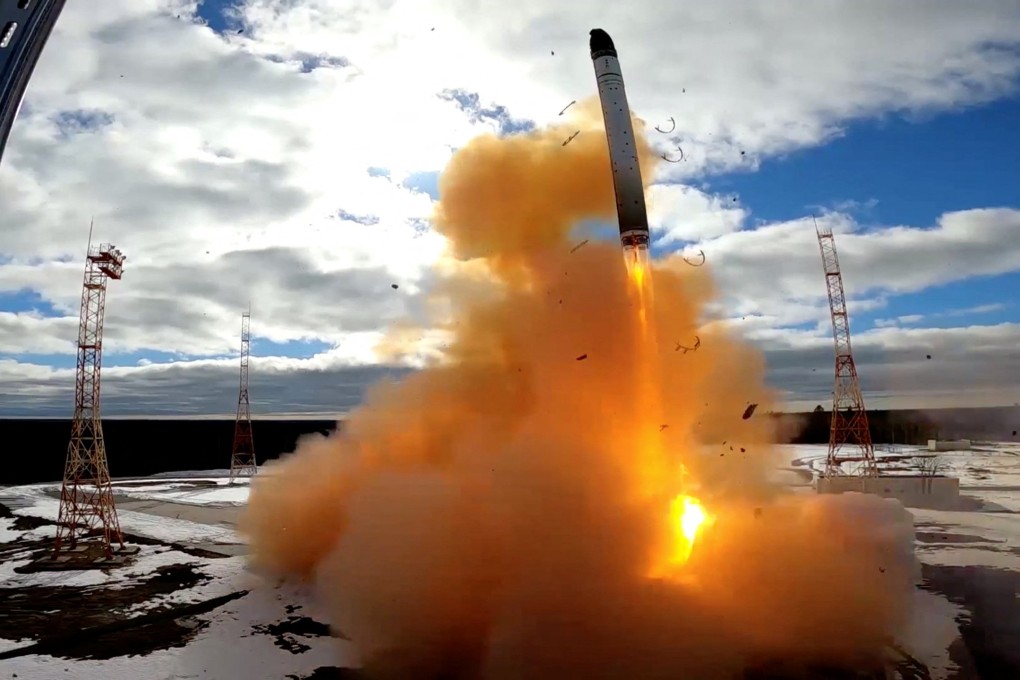Opinion | Russia and other nuclear-armed parties must be held to account for violations of non-proliferation treaty
- The increase in the obscene amount of money spent on nuclear weapons flies in the face of a commitment to non-proliferation
- When parties meet in August, they must call out nuclear-armed states for violating the historic treaty and international law more broadly

This month, five of these countries – China, France, Russia, the United Kingdom and the United States – will join over 100 others at the United Nations in New York to discuss progress, or lack thereof, on a more-than-50-year-old treaty that commits countries party to the treaty with nuclear weapons to work towards disarmament and all others not to acquire nuclear weapons.
The 1970 Treaty on the Non-Proliferation of Nuclear Weapons (NPT) has 191 state parties, including five of the nine nuclear-armed states. Countries that have joined the treaty meet nearly every year to review its implementation, including month-long conferences every five years where they try to agree on a common plan of action to take it forward.
The 10th NPT Review Conference will be held in August. The last agreed plan of action was adopted over a decade ago, at the 2010 review, and remains largely unimplemented.
The countries getting together in New York should talk about how nuclear-weapon states have violated their commitments to the NPT and under international law more broadly.
The most egregious breach of international law, the threats to use nuclear weapons by Russia – a depositary of the NPT – and its invasion of a non-nuclear-armed state, should be universally and unequivocally condemned by all states parties and in a final outcome document.
.png?itok=dR2vhiw3&v=1657256741)
.jpg?itok=ceo_b_p_&v=1657256815)